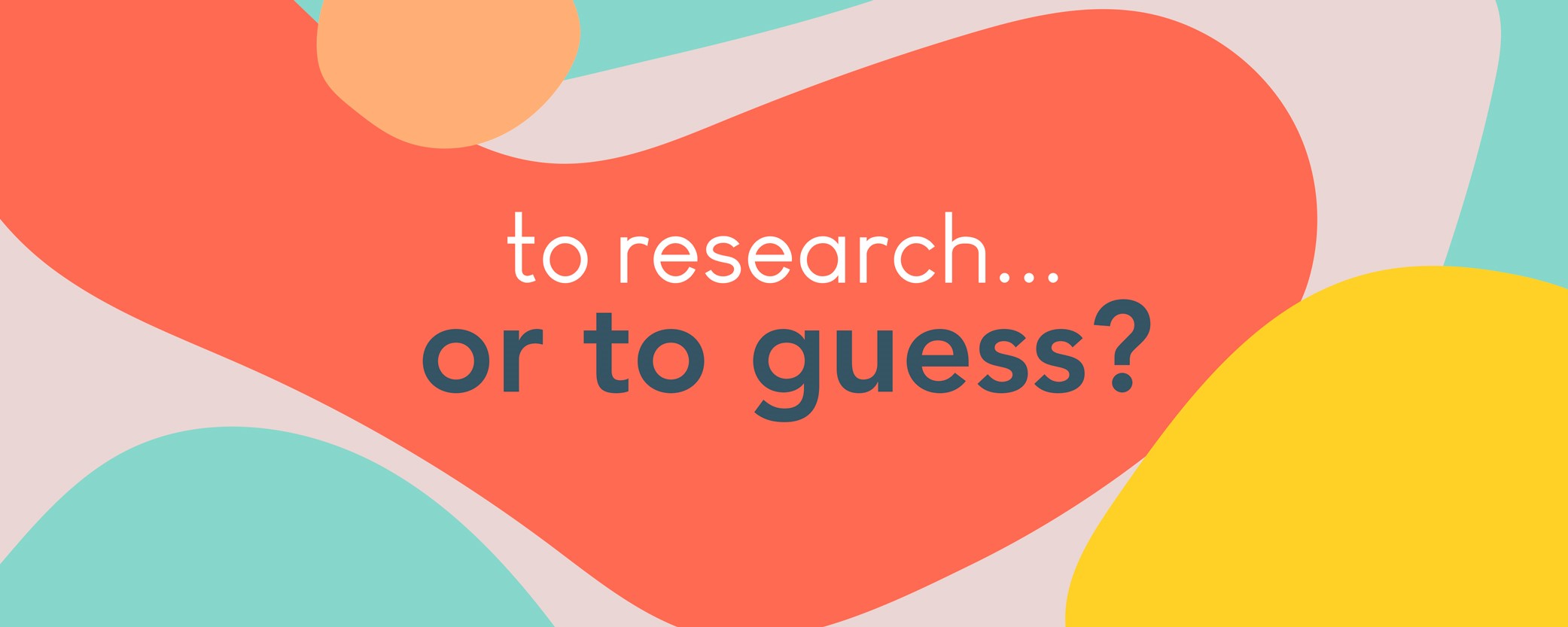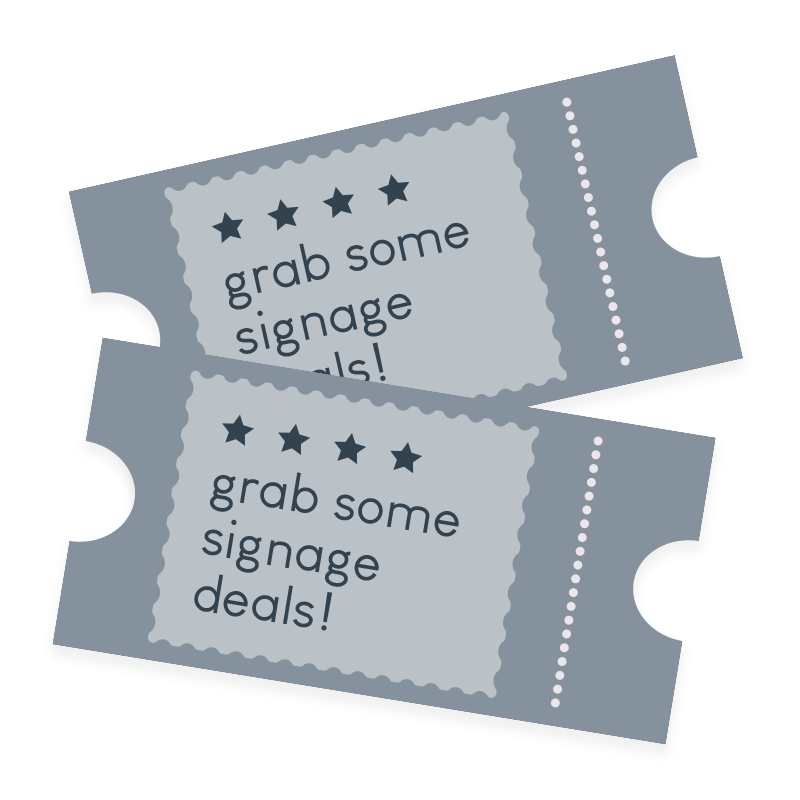
02 Nov To research … or to guess?
We’re big fans of customer research – both to discover what we don’t know about customers and to confirm what we suspect to be true. Research makes marketing planning easier, marketing spend more targeted and ultimately saves time. Find out more about the what, why and how of research.
Why research?
Through customer research you can gain a deeper understanding of what drives your customers’ preference, behaviour, attitudes and motivations and use this information to formulate business strategies and plans.
As an organisation have you ever asked yourself any of these questions?
- Who is my target market?
- Are my customers happy with the service or product we offer?
- How can I grow my customer base?
- Does my team know who our target market is?
- How can I understand if my customer is happy?
- Will my idea sell or be used?
- Is my app or website easy to use?
By listening to what customers (or potential customers) are saying, you can answer these questions and develop strategies to suit your business objectives.
Have you ever used a website and thought ‘why do they have that button there’ or worse ‘where’s the button’? Or perhaps you’ve gone to buy something or book a service and it feels like there are too many hoops to jump through. How do these businesses find out about your experience if they don’t ask? Sadly, the only feedback they may get is an empty cart or a lost customer.
What is customer research?
Customer research is a broad term that covers the collection and analysis of data and information about and from customers or potential customers. It is talking to ‘real people’ and getting to know the customer to understand their opinions, attitudes, behaviours and needs. Researchers generally use a small group of people that represent your customers and use the information they discover to make informed observations of your entire cohort of customers.
What does research consist of?
There are many ways to undertake research depending on what you want to find out, who and where your customers are as well as budget and time constraints. Popular research includes online surveys, face-to-face interviews, mystery shopper and website user studies. It is best to come to a meeting with the ‘problem’ you want to solve rather than the methods you think might work. You might be surprised at what research already exists that can help you and how straightforward putting research into motion can be.
How is research used?
Research can help inform the development of strategies, marketing activity, products and propositions. Taking the time to understand your customer ensures that decisions are informed and not just based on assumptions. It also allows you to gain a more comprehensive view of the market in which you operate, by exploring how people see your business in relation to your competitors. Ultimately research can save you time and money and makes business planning much easier.
Who else knows your customer?
It is also important to engage with your team in the business to understand what they know about your customers. Some of your biggest advocates are your people. Conversely, it is just as important for them to know who your customers are, their expectation and what they are thinking – don’t assume they know.
How to get started?
While there are plenty of free tools to run surveys and you may be gathering customer data in every conversation you and your team are having with customers, engaging an expert pays dividends.
A research expert can both add a layer of anonymity allowing customers to speak more freely and honestly than talking directly with the business owner and most importantly researchers have the expertise to structure and analyse research and make recommendations. And we all know that the work from an expert outside the organisation gets done on time and on budget and often has more gravitas than an ‘inside job’!
Not subscribed?
Subscribe and receive monthly news and creative updates direct to your inbox.
Subscribe to our blog


 grab some signage deals!
grab some signage deals! download our website checklist
download our website checklist